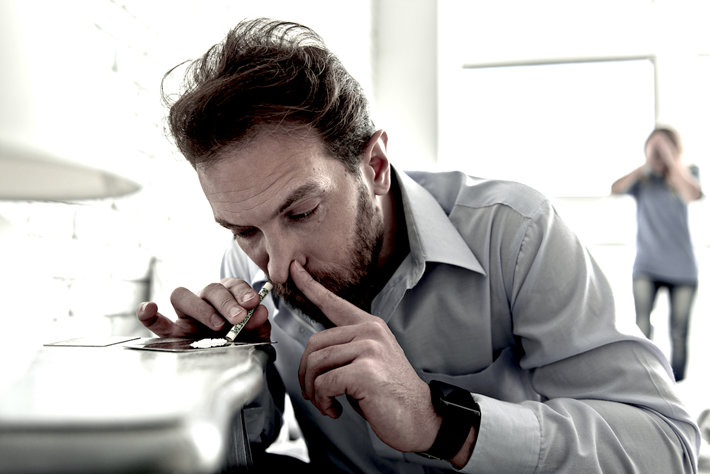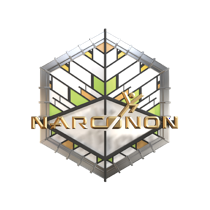Steps to a Solution—What to Do When You Know a Loved One is Addicted

When faced with an addiction within the family, the family members and loved ones of an addict suffer under these circumstances almost just as badly as the addict does. In some scenarios, the family members suffer even more than the addict does. This is a big problem, and we make the mistake of frequently forgetting the effect that drug abuse has on the loved ones of addicts.
According to the National Institute on Drug Abuse, there are about twenty-four million Americans who are addicted to drugs and alcohol. This is the number we tend to focus on. But each one of those addicts has at least three to five family members, loved ones, and close friends who care about them deeply.
Those family members and loved ones of addicts, in turn, are also strongly affected by substance abuse, hurt as they are by their loved one’s insipid self-destruction. When we do the math, that is another seventy-five to one-hundred and twenty-five million Americans who are unfortunately the effect of another’s addiction. Truly unfortunate indeed.
Focussing on Removing Addiction
We can focus on helping the family members and loved ones of addicts and we should do so, but a more effective resolution is to help those family members and loved ones in their efforts to help the addicted individual. This is even more valuable, as the addict is the source of the problem here. Any efforts taken in the direction of helping the addict are preferred as this is the way in which we really handle the situation.
Family members and loved ones should take definitive steps in helping their addicted loved ones. And they should never give up:
- Observe and ascertain certainty. Before making any movements, the family members of an addict need to know exactly what they are contending with. They need to understand the true width and breadth of the situation, and exactly what the loved one’s addiction entails.
- Make a plan. It’s best to get the entire family on board with confronting an addicted loved one and to also have everyone’s agreement to be present and to state their mind to the addict. Each person should know what they are going to say, and what they want to confront the addict with to convince the addict to get help.
- Set a time. To get it through to an addicted loved one that they need to get help, the addict needs to be surprised, and there needs to be as many close loved ones and family members present as possible. The addict needs to be overwhelmed with the love that others have for him, enough to get the point home that he needs to seek help for his addiction.
- Confront the addict. This is the time where action must take place, the time where the family members and loved ones need to step away from their grief and their misery at their loved one’s addiction and make a commitment to doing something about it. At this moment, all of the family members and loved ones of the addict need to confront him and say their piece.
- Schedule addiction treatment. Addicts usually will not concede to seeking help on the first try. This may be a work in progress and may take some time, but the family members and loved ones of an addict need to keep pushing at it and continue to make their intentions clear to their loved one that “No I will not get help” is not a viable answer.
It is mind-numbingly devastating to witness a loved one struggle with addiction. Thankfully, family members of addicts have the best chance of anyone of convincing an addict to get help.
Sources:
- https://www.drugabuse.gov/related-topics/treatment/what-to-do-if-your-adult-friend-or-loved-one-has-problem-drugs
- https://health.usnews.com/health-news/patient-advice/articles/2016-01-20/what-to-do-and-not-to-do-if-you-suspect-a-loved-one-is-struggling-with-addiction
- https://teens.drugabuse.gov/blog/post/helping-children-addicted-parents-find-help
